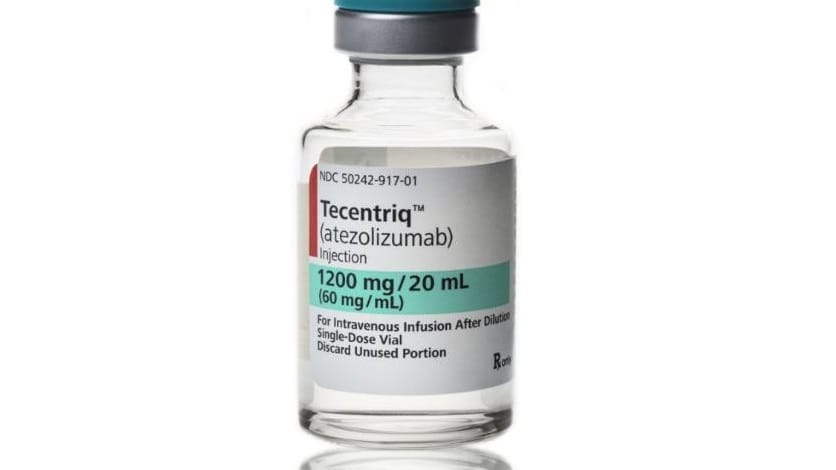
Roche has stolen a march on market leader Keytruda by gaining the first immuno-oncology approval in triple negative breast cancer.
Tecentriq (atezolizumab) can now be used in combination with chemotherapy (Celgene’s Abraxane, nab-paclitaxel) in adults with unresectable locally advanced or metastatic triple-negative breast cancer (TNBC) and whose tumours express PD-L1, as determined by an FDA-approved test.
The green light comes via an accelerated approval based on progression-free survival (PFS), and Roche must follow up with a trial confirming the treatment’s overall survival benefits.
Nevertheless, the approval is a coup for Roche, which needs to break new ground in different tumour types in order to challenge the clinical and commercial juggernaut that is Keytruda, which earned over $7bn in sales last year, compared to Tecentriq’s $765m.
This is based on Keytruda’s tally of 14 FDA approvals, while the TNBC approval is Tecentriq’s fourth.
TNBC is certainly a large area of unmet medical need – it represents 15% of all the 2 million cases diagnosed each year breast cancers, and is more aggressive and has a worse prognosis than other breast cancer subtypes.
This accelerated approval is based on data from the phase 3 IMpassion130 study, which showed that Tecentriq plus Abraxane significantly reduced the risk of disease worsening or death (PFS) by 40% compared with Abraxane alone in PD-L1-positive patients with unresectable locally advanced or metastatic TNBC who had not received prior chemotherapy for metastatic disease.
Overall survival (OS) results were immature with 43% of events in all randomised patients (intent-to-treat; ITT), and further data will be shared with the FDA and presented at an upcoming medical meeting. The company says safety in the Tecentriq plus nab-paclitaxel arm appeared consistent with the known safety profiles of the individual medicines, and no new safety signals were identified with the combination.
The approval gives Roche a clear lead over Merck & Co, which has two studies in TNBC expected shortly: Keynote-522, which is testing the IO drug in combination with a range of chemotherapy regimens, plus Keynote-119, which is a trial of the drug as a monotherapy.
Roche is also hoping to achieve first-to-market in two other important settings: hepatocellular carcinoma (HCC), where analysts forecast a potential $1bn market opportunity for Tecentriq, and small cell lung cancer, where an FDA decision is expected by 18 March.




